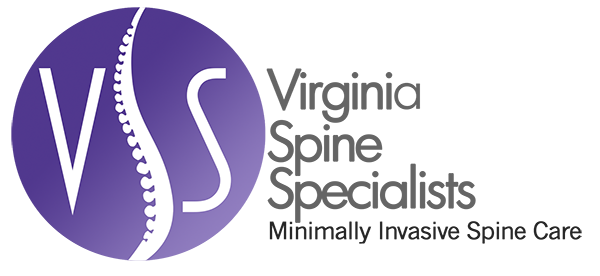4 Common Causes of Neck Pain, Part 2
In our last post, we introduced two common causes of neck pain, mechanical neck pain and degenerative disc disease. Let’s take a look at two more reasons you may be experiencing discomfort in your neck.
Cervical Radiculopathy (Pinched Nerve)
You may have heard someone say they have “pinched a nerve,” but what leads to this painful condition? As a nerve root leaves the spinal cord and the cervical spine, it travels down into your arm. As it moves, each nerve supplies sensation to a part of the skin in your shoulder and arm as well as supplies electrical signals to muscles to move part of your arm or hand.
However, when a nerve becomes irritated or gets pinched, this process does not work properly. Therefore, you may feel weakness in the associated muscles, numbness in the skin, or pain in the areas where the nerve travels. Known as cervical radiculopathy, this condition stems from a couple of causes.
Herniated Disc: As you move your neck, you are placing pressure on your vertebrae and disc, and injury may occur if neck motion puts too much pressure on the disc. A herniated disc results from a tear in the annulus that causes part of the nucleus pulposus to squeeze out of the center of the disc.
Bone Spurs and Degeneration: Degenerative disc disease can cause bone spurs to form around your nerve roots, usually inside the foramen (the opening in the cervical spine where the nerve root leaves the spine). If bone spurs get too large, they can rub on the nerve root and irritate it.
Spinal Stenosis (Cervical Myelopathy)
Finally, we’ll take a look at perhaps the most serious of problems caused by degeneration of the spinal segment in the cervical spine. Spinal Stenosis occurs in the late stages of spinal degeneration. As bone spurs form, the size of the spinal canal gets smaller, and the spurs begin to press on the spinal cord and nerve roots. Pressure in these areas can cause numbness, tingling, or pain in the arms, hands, and legs. And, if the spinal canal does narrow, the entire spinal cord may be affected. If you suspect you have this condition, please contact your physician right away.
For neck pain, there may not be a quick fix or complete cure. However, you doctor can help improve the problem and slow down the degenerative process to help you live a healthier, more pain-free life.

Categories
Archives
Contact Dr. Mudit Sharma
Phone: (571) 921-4877
Toll Free: (855) 774-6334
Monday – Thursday: 8am – 4pm
Friday: 8am – 2pm
Fredericksburg
4604 Spotsylvania Parkway, Suite 300 Fredericksburg, VA 22408
Manassas
8650 Sudley Road, Suite 315
Manassas, VA 20110-4418
